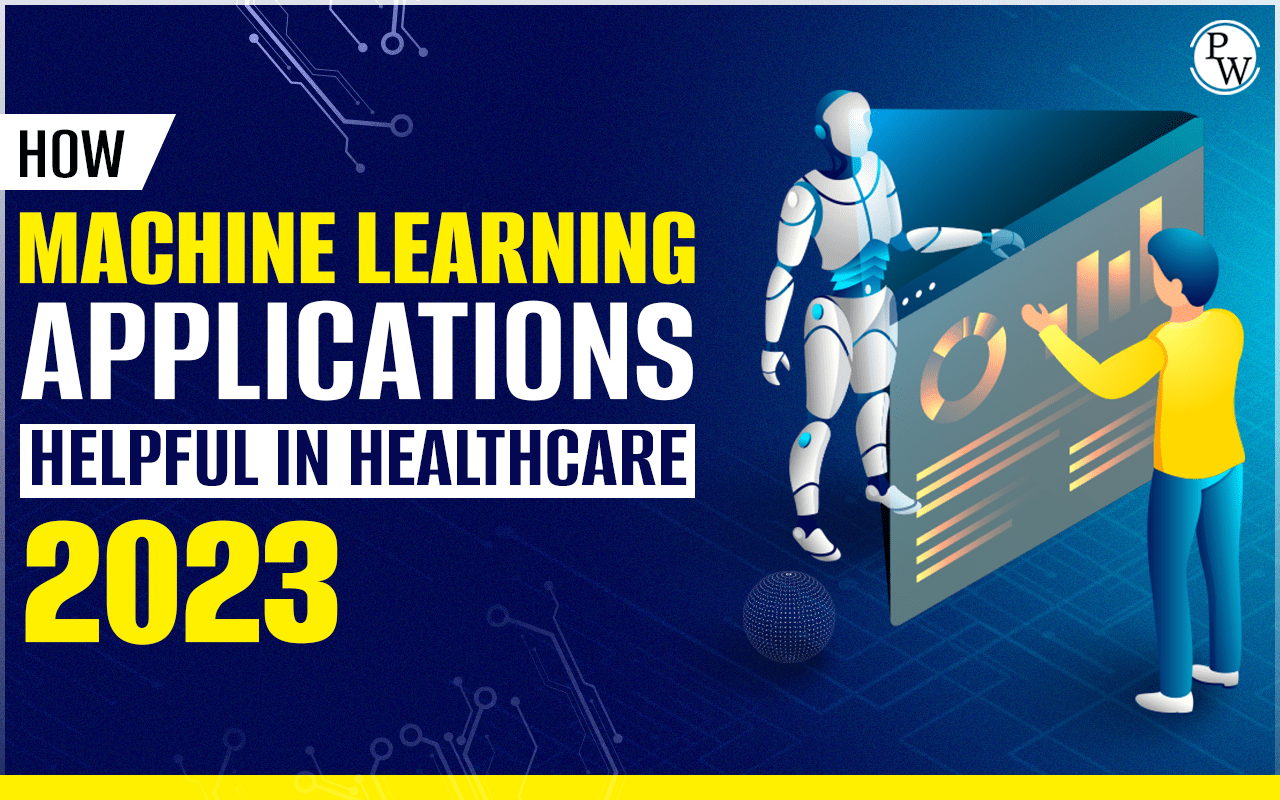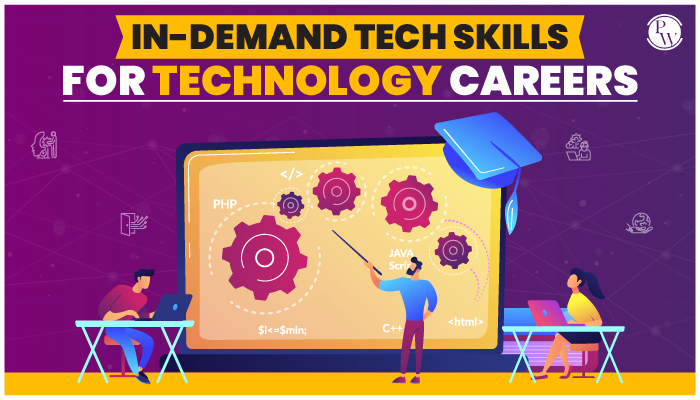Machine learning plays a crucial role in the healthcare industry, assisting medical professionals in providing better patient care and managing clinical data effectively. It falls under the umbrella of artificial intelligence, where computers are programmed to learn and think like humans.
In healthcare, machine learning can collect and organize patient data, identify patterns in healthcare trends, make treatment recommendations, and much more. This technology is transforming how hospitals and healthcare companies operate by enhancing decision-making and reducing risks in the medical field. As a result, it’s creating exciting new career opportunities in this sector.
Machine learning in healthcare is continuously evolving and becoming more accessible than you might think. Even though terms like “artificial intelligence” and “machine learning” may seem intimidating initially, many machine learning principles rely on basic mathematical and programming skills.
Once you grasp the fundamentals, you can gradually develop your expertise to tackle more advanced concepts and challenges. This opens up a world of innovation and diverse career paths within the healthcare industry, offering immense potential for growth and positively impacting patient outcomes.
Impact of Machine Learning and AI in Healthcare
Machine learning (ML) and artificial intelligence (AI) are revolutionary technologies with immense potential in the healthcare industry. Over the years, these technologies have evolved, transforming healthcare by reducing costs, improving patient outcomes, and boosting overall productivity.
The application of AI in healthcare dates back to the 1970s, and since then, AI-powered applications have continued to grow and adapt to the needs of the healthcare sector. Over 40% of industry experts use AI and machine learning today.
The market for machine learning and AI in healthcare is currently worth several billion dollars, and it is expected to expand even further in the coming years. Healthcare professionals increasingly rely on these technologies to analyze vast patient data, leading to more precise and personalized diagnoses and treatment plans. With advancements like predictive algorithms that can anticipate the onset of conditions like Sepsis, machine learning is making specific progress in the healthcare industry.
Recommended Course
- Decode DSA with C++
- Full Stack Data Science Pro Course
- Java For Cloud Course
- Full Stack Web Development Course
- Data Analytics Course
Application of Machine Learning Applications in Healthcare
Drug Discovery and Production:
Machine learning and AI are vital in accelerating drug discovery, development, and production. By analyzing previously collected medical data on drug components and combinations, ML algorithms can map them to combat specific diseases. For example, companies like Xtalpi use a combination of AI, quantum physics, and cloud computing to design drugs.
Diagnostics:
AI and machine learning have significantly transformed the diagnostics aspect of healthcare. These algorithms can be trained to analyze medical images such as CT scans, MRI images, and X-rays to detect early signs of diseases like cancer. Studies have shown that ML algorithms perform tasks as effectively as human experts, enhancing the detection of complications in their early stages.
Personalized Medicine:
Machine learning and AI are invaluable in creating personalized healthcare plans for patients with multiple conditions. AI can tailor treatment plans by analyzing patient data, considering drug interactions, and minimizing side effects.
The healthcare industry is witnessing a paradigm shift, with AI and machine learning at the forefront of innovation. Advancements in disease detection, customized therapies, and drug discovery are becoming a reality, shaping the future of healthcare.
Clinical Research
Clinical research and trials are crucial processes in the medical field, but they can be time-consuming and expensive. It’s essential to thoroughly test new medications and medical techniques for safety before widespread use, as any oversight can lead to significant financial losses. However, there are situations where urgent solutions are needed.
For instance, quick access to information about potential outbreaks became critical during the onset of the COVID-19 pandemic 2019 or the Spanish Flu in 1918. Machine learning algorithms have proven immensely valuable in gathering and analyzing vast data in such scenarios.
Disease Prevention, Outbreak, and Monitoring
Machine learning and AI have also significantly impacted disease prevention and monitoring, mainly predicting potential outbreaks. By analyzing patient data, these algorithms can identify disease risk factors and enable doctors to intervene before symptoms appear. For instance, machine learning can predict which patients are at risk of developing diabetes and provide personalized recommendations for diet and exercise to prevent the disease from progressing.
Moreover, AI can monitor patients’ health remotely, alerting doctors to any changes in their conditions before they become severe. The recent COVID-19 outbreak highlighted how underprepared the healthcare industry can be when faced with a disease of such magnitude. To address this, ML and AI-based tools can be crucial in detecting early signs of an epidemic, ultimately preventing a widespread pandemic.
Combining machine learning and artificial intelligence is revolutionizing the healthcare sector, offering innovative solutions for clinical research, disease prevention, and outbreak monitoring. These technologies save time and resources, enabling better patient care and improved healthcare outcomes.
Robotic Surgery
Surgery is an exact and life-saving process, where surgeons must be extremely attentive to each incision and step in the operating room. To aid surgeons in this delicate task, machine learning, and AI have developed and utilized collaborative robots in the surgical process. These surgical robots can precisely control their trajectory, depth, and movement speed. Since they don’t tire, they are particularly well-suited for treatments requiring repetitive movements.
One example of robotic surgery in action is at the non-profit academic medical facility, Mayo Clinic, in the US. They use the da Vinci Surgical System for various treatments, including urologic, gynecologic, and colorectal surgeries. This robotic-assisted surgical device enables healthcare professionals to perform complex operations more accurately and precisely.
Precision Medicine
Precision medicine involves creating medical treatment plans tailored to specific individuals or groups based on genetic or molecular profiling. AI systems in healthcare play a significant role in precision medicine by analyzing large amounts of complex data to identify patterns and associations that inform personalized treatment decisions. This way, they offer clinical decision support by recommending treatment plans likely to yield more effective health outcomes for individual patients.
Microsoft’s Project InnerEye is an example of applying AI in precision medicine. It uses computer vision and machine learning to differentiate between malignancies and healthy anatomy using 3D radiological images. Microsoft aims to develop medicine tailored to each patient’s unique needs through this AI-based approach.
Electronic Health Records (EHR)
Electronic Health Records (EHR) refer to electronic versions of a patient’s medical records, maintained and updated by clinicians or healthcare providers. These records encompass all the administrative and clinical data relevant to the patient’s care. Machine learning and AI have become standard tools for managing and analyzing medical data, providing valuable insights into a patient’s condition.
The Massachusetts General Hospital Clinical Data Science Center is at the forefront of AI applications in healthcare. As a founding technology partner with NVIDIA, the center focuses on using AI in disease detection, diagnosis, treatment, and management. They are already applying the technology in radiology and pathology and plan to expand its use to EHR and genomics.
Incorporating machine learning and AI in various aspects of healthcare has revolutionized the industry, making processes more precise, personalized, and efficient. These technological advancements continue to shape the future of medical care and improve patient outcomes.
Frequently Asked Questions
Q1. What can we expect for the future of machine learning in 2023?
Ans. The significant growth in automation, improved efficiency with edge computing, and the development of computer vision as the top trends in AI and machine learning for 2023.
Q2. What role will machine learning play in healthcare in the future?
Ans. Machine learning will analyze patient data more efficiently in the healthcare future.
Q3. Is pursuing a career in machine learning a wise choice for the future, specifically in 2023?
Ans. The demand for AI and machine learning professionals has risen by 75% in recent years and is predicted to keep increasing. Pursuing a career in this field is a wise choice, with numerous paths to explore.
Q4. Can you explain how machine learning is utilized in healthcare?
Ans. Machine learning is used in healthcare to create better diagnostic tools for medical imaging, such as X-rays or MRI scans. It can recognize patterns that indicate a specific illness.
Q5. Would learning machine learning be valuable in 2023?
Ans. Learning AI and machine learning can lead to numerous opportunities in various industries, including computer security, image recognition, pharmaceuticals, and face recognition. As more organizations adopt AI, the potential for growth and career advancement in this field is vast.
Recommended Reads
Data Science Interview Questions and Answers
Data Science Internship Programs







